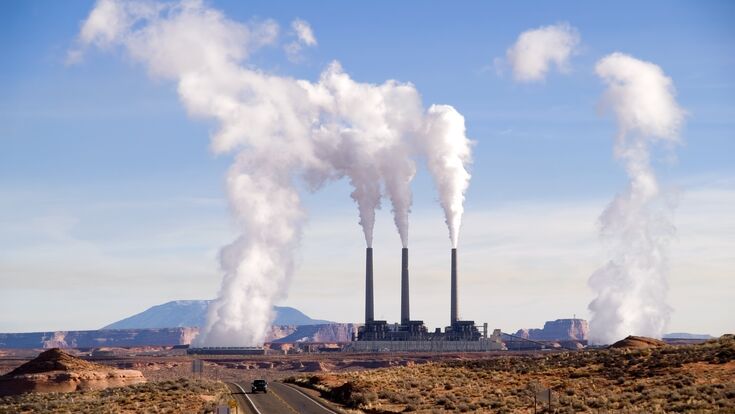Climate Policy : US Supreme Courts restricts EPA's regulatory powers

The US Supreme Court in a 6-3 decision has limited the Environmental Protection Agency's (EPA) ability to regulate carbon emissions from existing power plants. Writing for the majority, Chief Justice John Roberts said "[c]apping carbon dioxide emissions at a level that will force a nationwide transition away from the use of coal" might be a "sensible 'solution to the crisis of the day' " but that this type of decision "rests with Congress itself, or an agency acting pursuant to a clear delegation from that representative body."
The decision is seen as a major setback for the Biden administration’s agenda to combat climate change. They specifically had the goal to zero out carbon emissions from power plants by 2035 and cut in half the country’s emissions by 2100.
According to the EPA fossil fuel-fired power plants are the second-largest source of pollution in the U.S. behind transportation. The United States are also the second largest producer of greenhouse gases worldwide. Only China emits more.
Justice Elena Kagan, joined by the court’s two other liberals, wrote a dissent: “Today, the Court strips the Environmental Protection
Agency (EPA) of the power Congress gave it to respond to ‘the most pressing environmental challenge of our time." Adding: "The Court appoints itself — instead of Congress or the expert agency — the decisionmaker on climate policy. I cannot think of many things more frightening."
A White House spokesperson said the EPA ruling was “another devastating decision from the Court that aims to take our country backwards.”
